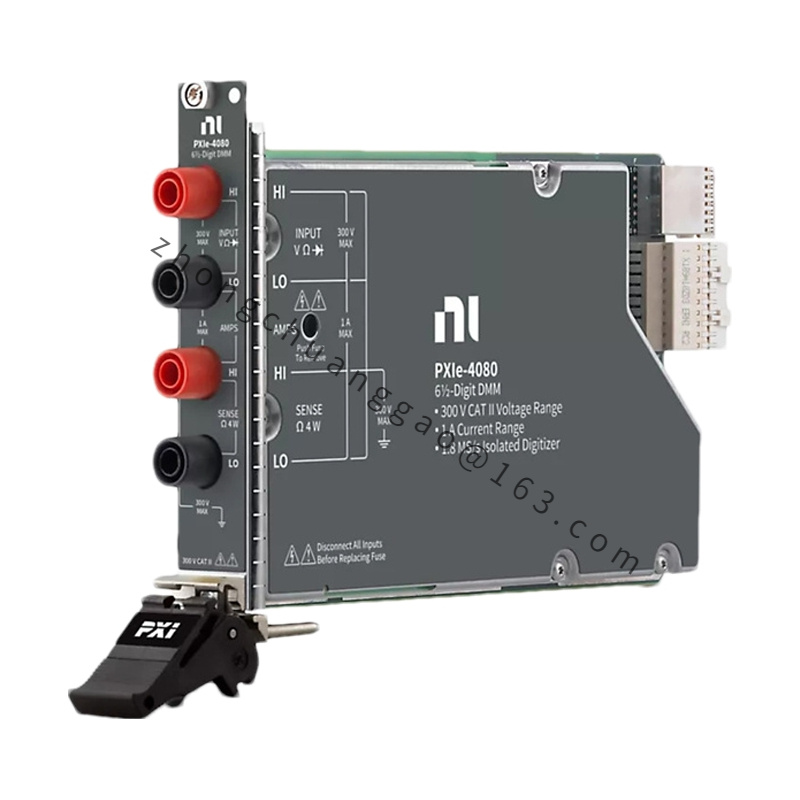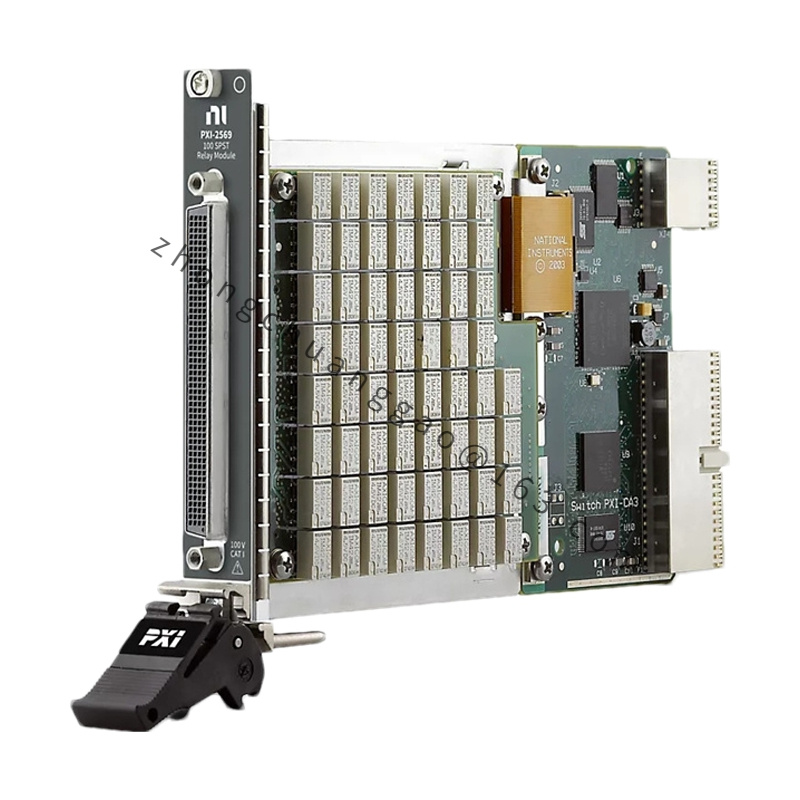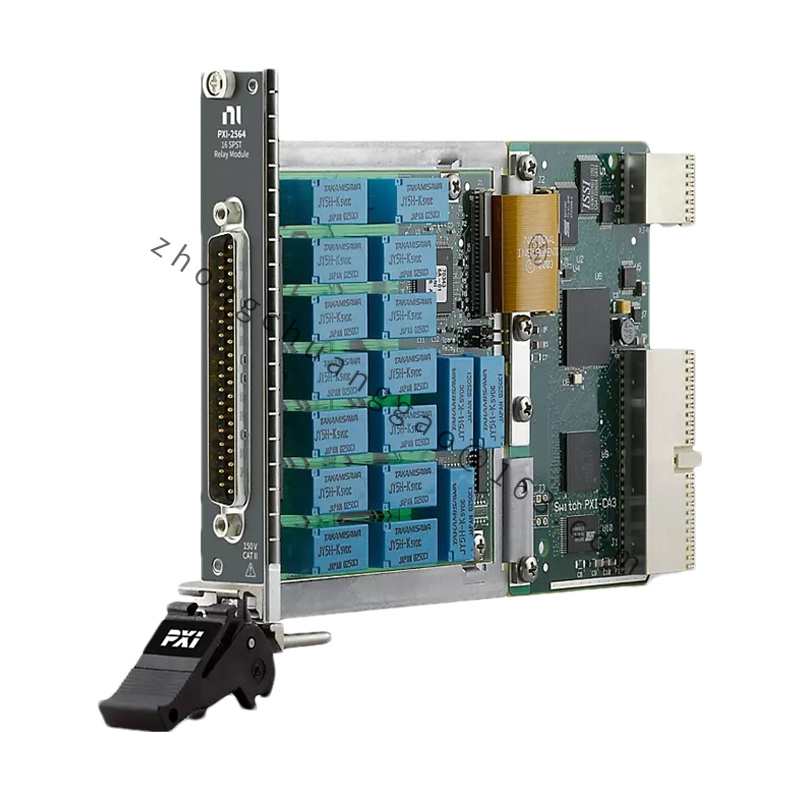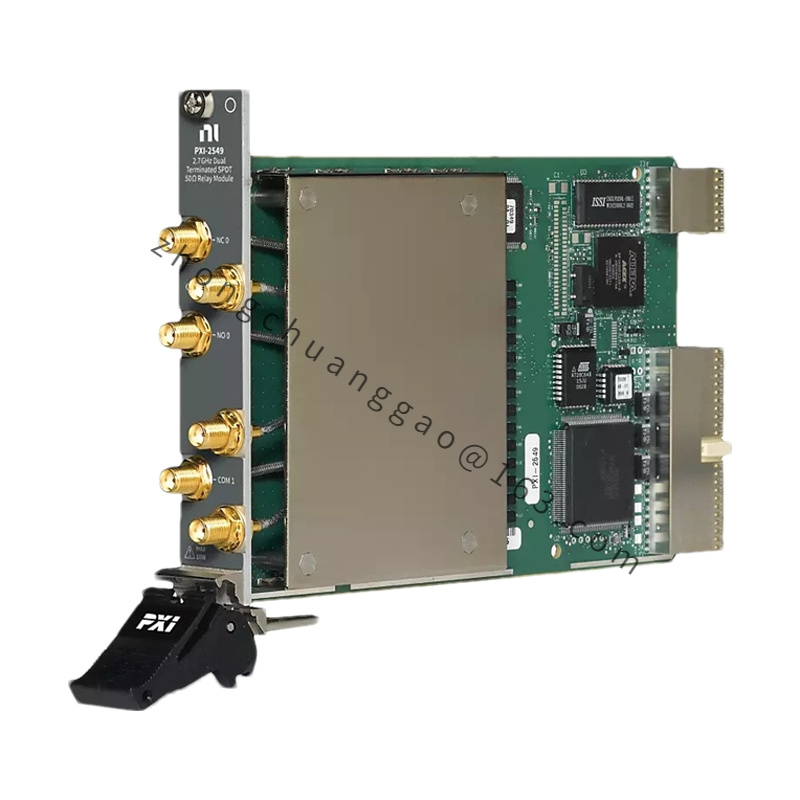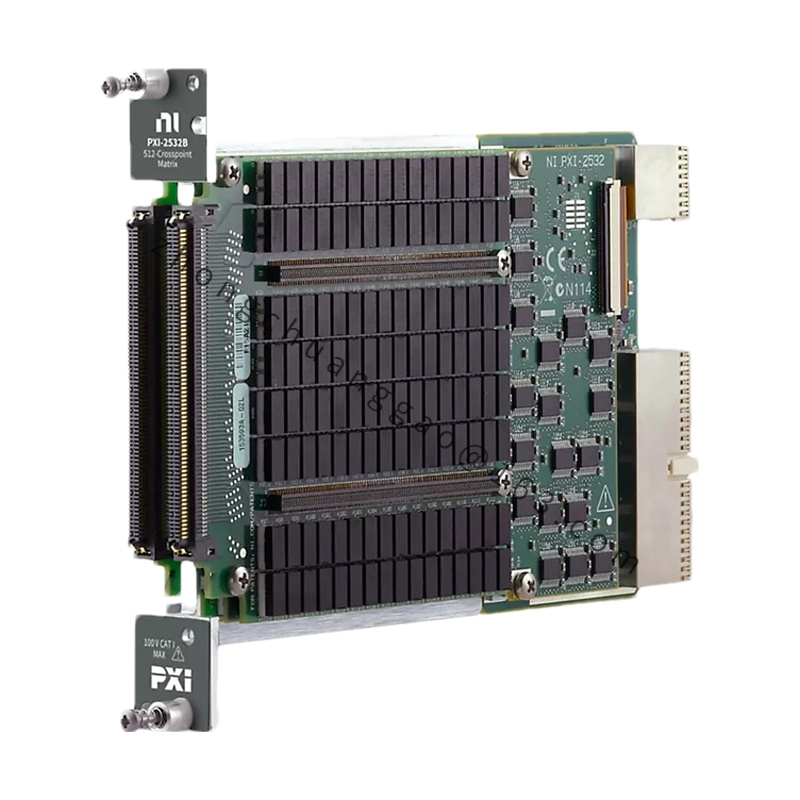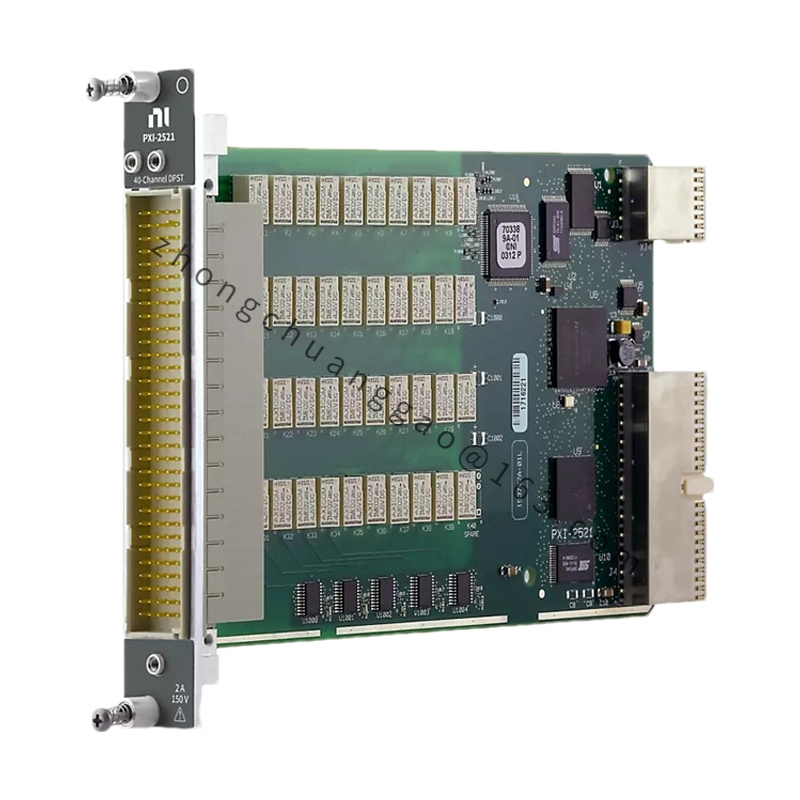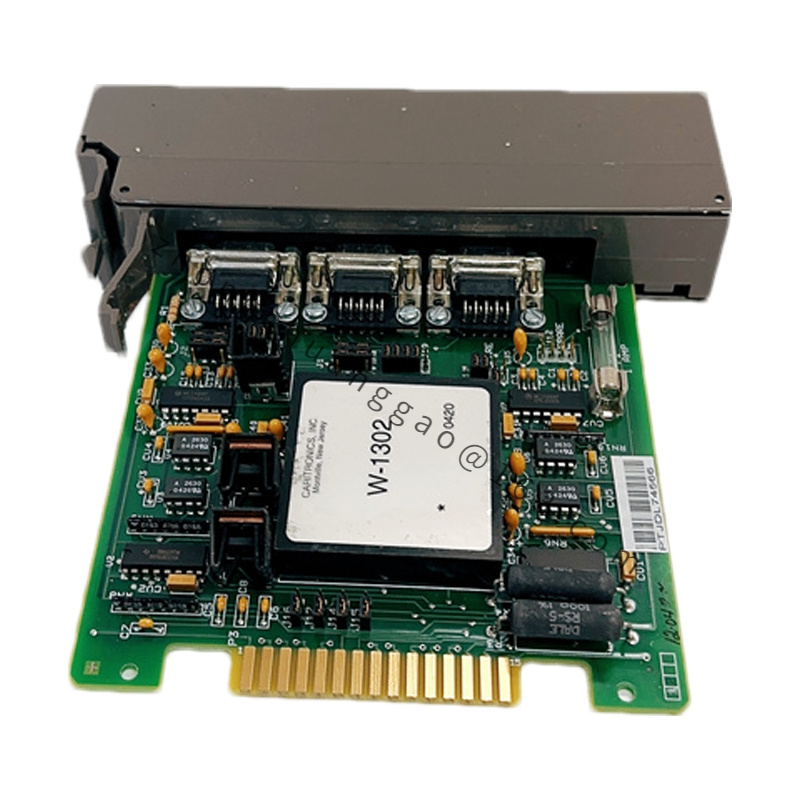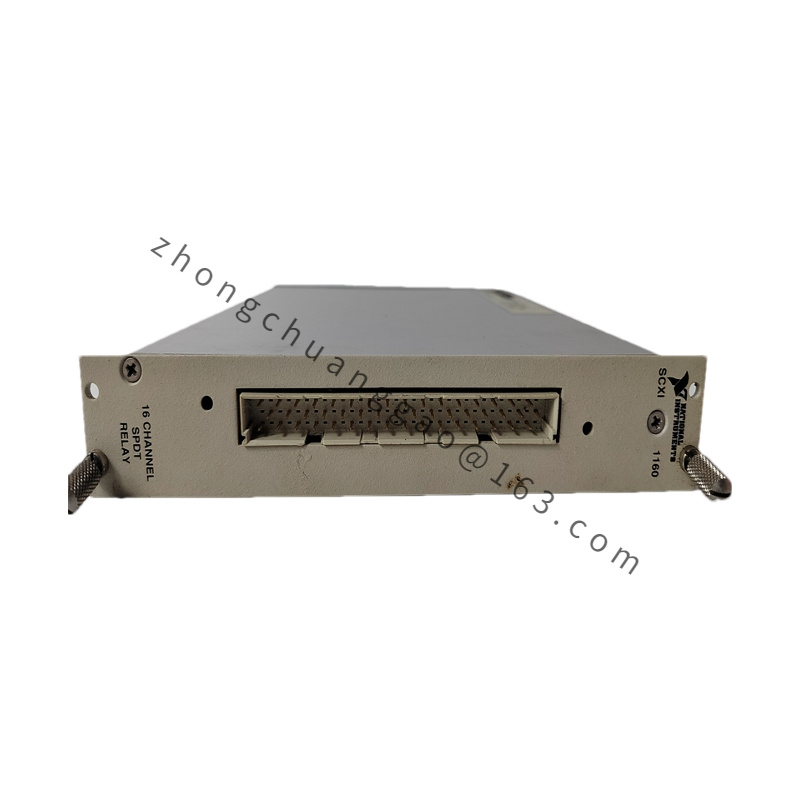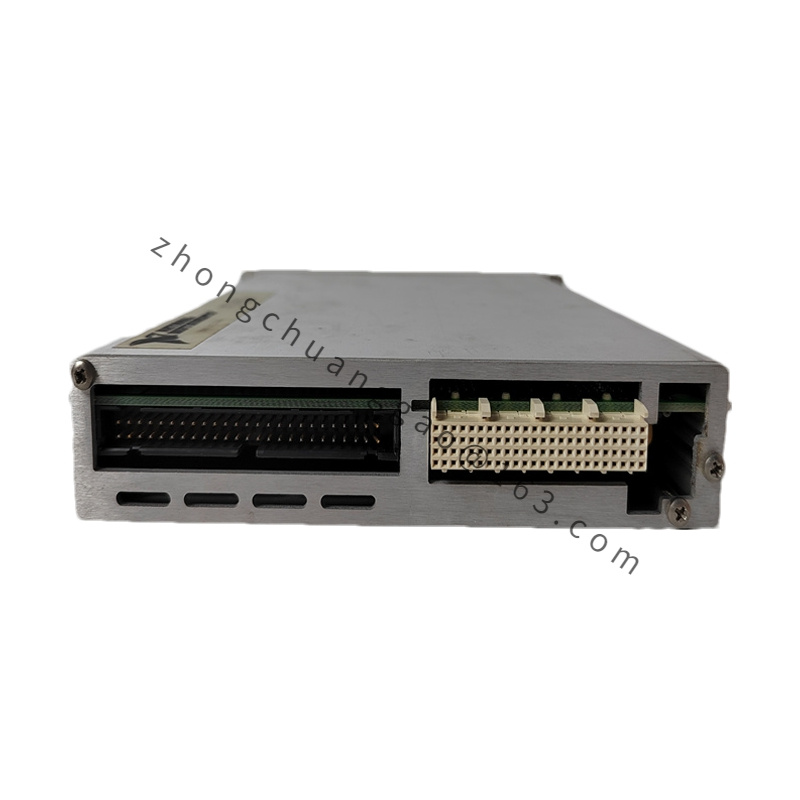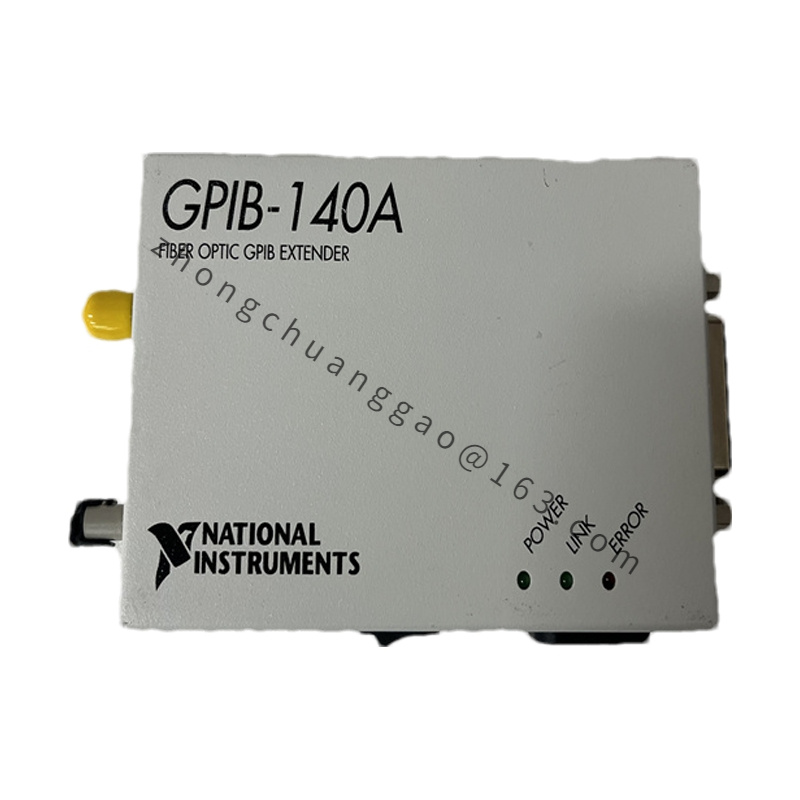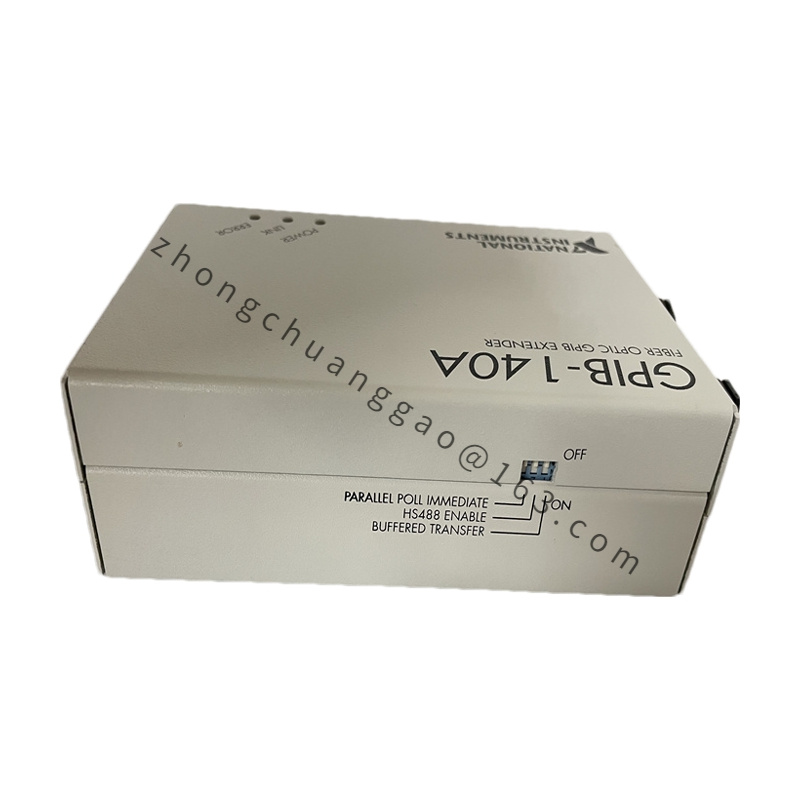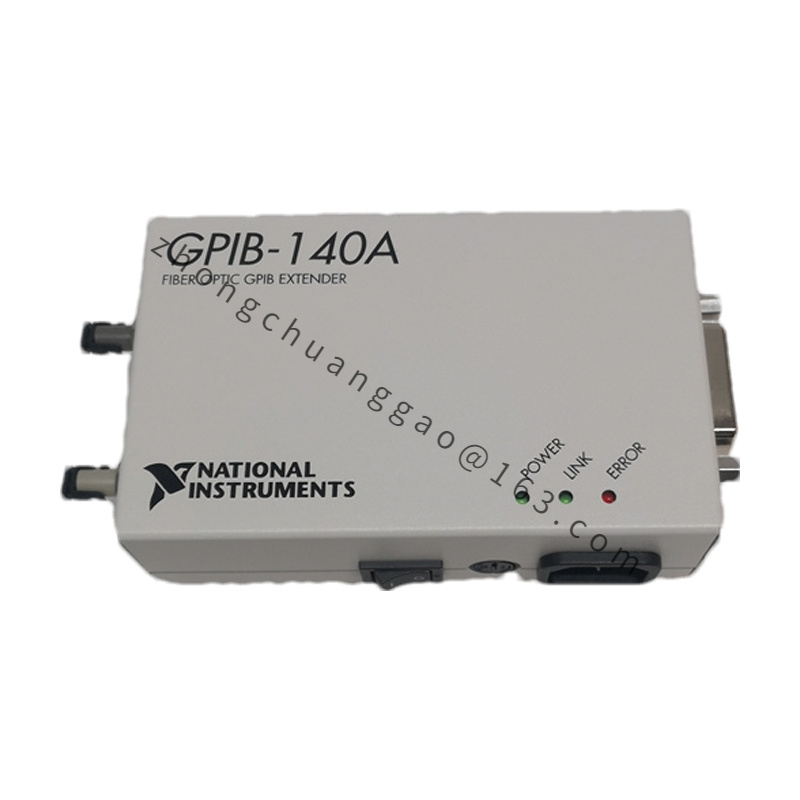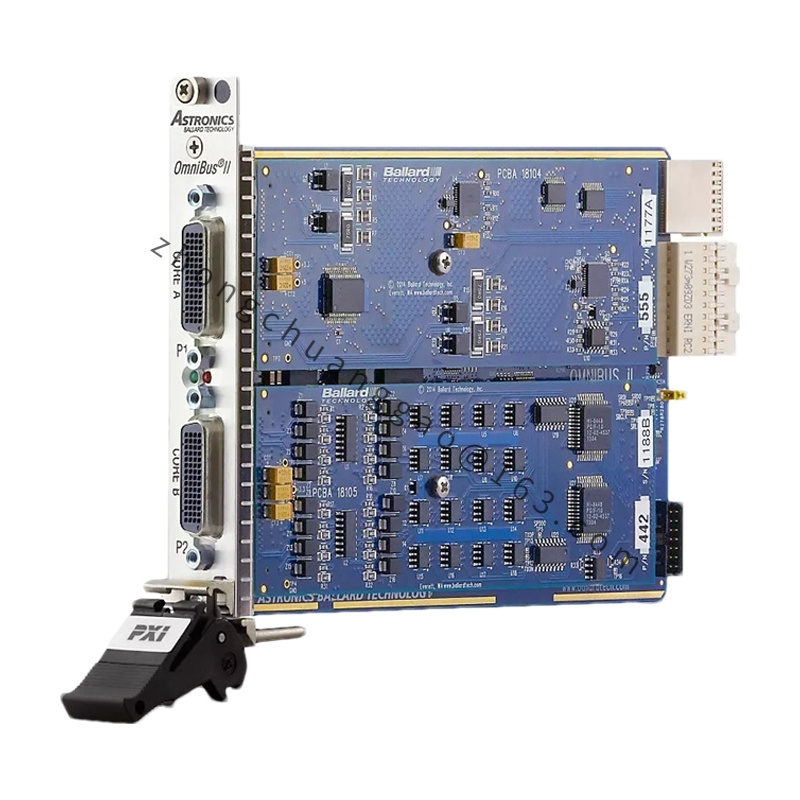Detailed content
Technical Specifications
- Voltage Range:
- Source: ±10 V
- Measure: ±10 V
- Current Range:
- Source: ±1 A
- Measure: ±1 A
- Voltage Accuracy:
- Source: ±0.02% of range
- Measure: ±0.02% of range
- Current Accuracy:
- Source: ±0.02% of range
- Measure: ±0.02% of range
- Resolution:
- Voltage Source Resolution: 24-bit
- Current Source Resolution: 24-bit
- Voltage Measurement Resolution: 24-bit
- Current Measurement Resolution: 24-bit
- Programming Rate:
- Up to 200 kS/s (source and measure)
- Compliance Limits:
- Programmable limits for over-voltage and over-current protection
- Channel Count:
- Single channel
- Connectivity:
- PXIe interface for integration with other instruments in a PXIe system
Functional Features
- Precision Measurement:
- The PXIe-4080 provides high-accuracy voltage and current measurements with low noise and high resolution, ideal for precise testing and characterization.
- Versatile Sourcing:
- It can source precise voltage and current with programmable settings, making it suitable for a variety of applications where accurate sourcing is required.
- Flexibility in Testing:
- It supports various test configurations such as constant voltage, constant current, and a combination of both, allowing for versatile testing setups.
- Advanced Calibration:
- Includes advanced calibration features to ensure long-term accuracy and reliability.
- Integrated Software:
- Compatible with NI’s LabVIEW and NI-DMM (Digital Multimeter) drivers, facilitating seamless integration into automated test systems and simplifying programming.
Application Scenarios
- Device Characterization:
- Ideal for characterizing the electrical properties of electronic components, including resistors, capacitors, and semiconductor devices.
- Battery Testing:
- Suitable for testing and characterizing batteries by sourcing and measuring current and voltage under various conditions.
- Automated Test Systems:
- Commonly used in automated test systems for production and research environments due to its precision and integration capabilities.
- Power Supply Testing:
- Can be used to test power supplies by sourcing different voltages and measuring their responses under load.
- Reliability Testing:
- Useful for performing stress tests and reliability tests on electronic devices by applying various electrical stresses.

